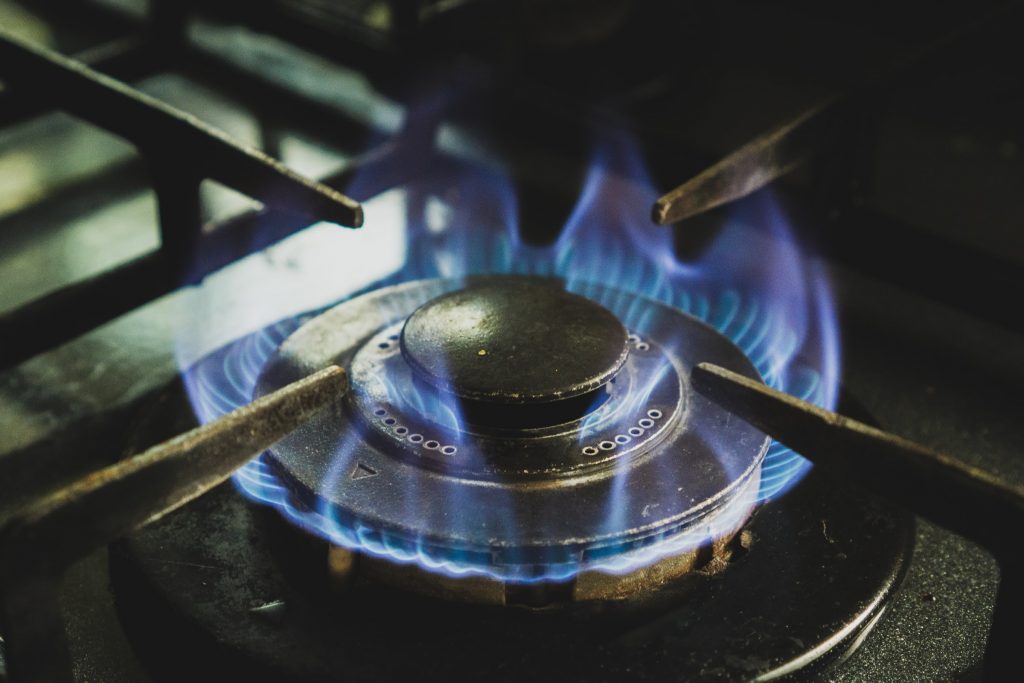 Fossil fuel use in buildings is being targeted by climate activists at both the state and local levels. In the Northwest, burning fossil fuels in residences and businesses is the second largest source of global warming pollution — with the first being transportation. While the Corvallis Sustainability Coalition is pushing the local government to decarbonize our energy systems, other city governments have started proposing a variety of measures to transition away from natural gas for heating and hot water.
Fossil fuel use in buildings is being targeted by climate activists at both the state and local levels. In the Northwest, burning fossil fuels in residences and businesses is the second largest source of global warming pollution — with the first being transportation. While the Corvallis Sustainability Coalition is pushing the local government to decarbonize our energy systems, other city governments have started proposing a variety of measures to transition away from natural gas for heating and hot water.
Last month, Eugene’s City Council approved a process to consider a ban on new natural gas hookups tentatively scheduled to start by January 2023. Washington’s Gov. Jay Inslee and Democratic allies in the state legislature have laid out proposals to meet decarbonizing goals through requiring new construction to have all-electric appliances and space heaters.
The Corvallis Climate Action Plan has continued to pursue lowered use of natural gas in new home developments, and is looking at the possibility of adopting energy efficiency assessments for any home that goes on the market.
Not everyone is excited about the move towards reducing methane from the use of natural gas in homes and buildings. The gas, construction, and real estate industries point out that natural gas is an affordable way to heat a home, and that going all electrical will further increase prices — possibly beyond affordability. While the number of cities in California banning new gas hookups is increasing, 19 other states have passed legislation banning the bans.
By Stacey Newman Weldon
Do you have a story for The Advocate? Email editor@corvallisadvocate.com


